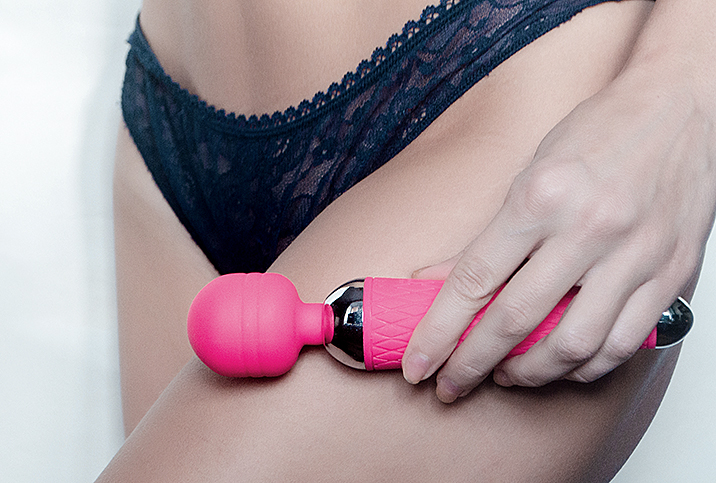Post-Sex Cleanup Tips for Women

Sex is fun. Getting a yeast or urinary tract infection (UTI) afterward? Less fun. But with a few simple tweaks to your postcoital routine, you can enjoy your love life without the accompanying hygiene problems.
Having sex can be messy. Exactly how messy depends on what kind of sex you're having, where you're having it, whether toys are involved and plenty of other factors. But in any case, you're looking at a number of bodily fluids mixing together. That may not be a big deal initially, but if not properly attended to, a number of sexual health problems can ensue.
UTIs are among the most common post-sex issues, especially in women, whose shorter urethras offer bacteria a fast track to the bladder. Other common problems are yeast infections, bacterial vaginosis, irritation and contact dermatitis, as well as sexually transmitted infections (STIs).
Best hygiene practices
The biggest step in preventing health problems post-sex is to wash up. You don't have to get out of bed immediately, but sooner rather than later, get in the shower or at least clean around your genitals with warm water. Before you clean up, try to pee if you can, as this can significantly reduce the risk of infection by expelling any lurking bacteria trying to sneak into the urethra. Staying hydrated before having sex will make that process easier.
Make sure to wash your hands well, too. Aside from yourself, you'll need to clean any sex toys you used. Wash them according to the maker's instructions; if the toy is waterproof, you can even bring it into the shower with you for a scrub.
Wearing loose clothing after sex helps, too, as anything tight or restrictive tends to reduce air circulation and trap bacteria. Cotton is ideal for wicking sweat and keeping you cool and dry, or throw on a big T-shirt and enjoy the no-underwear sensation. At bedtime, opt for something loose-fitting, or sleep naked to keep the environment even breezier and your body better aired out. In the hours or days after sex, if you notice any discomfort such as itching, burning, discharge or urination changes, discuss this with your doctor and consider getting tested. Sexually transmitted diseases (STDs) and yeast infections often start with vague and minor symptoms, so address them early.
What you shouldn't do
Do not douche. The practice isn't recommended by gynecologists because it can throw off your natural, protective vaginal bacteria, increasing the risk of infection. It's also unnecessary. Warm water is all you need down there. Other than that, the vagina cleans itself for the most part. Similarly, soap should be used only for the outside of genitals, never for cleaning the vagina. Avoid other cleaning products such as wipes or sprays. The concept of smelling like a field of flowers may sound enticing, but your vagina won't thank you for it, and irritation or infection can result. Don't soak in a hot tub, heated pool or warm bath after sex, as bacteria thrive in warm, moist places.
Be mindful post-sex
There's nothing like a case of bacterial vaginosis or a painful UTI to put a damper on your sex life. Gently cleaning up, keeping your body cool and dry, and letting your downstairs area do its own thing may be all you need to keep post-sex woes at bay.

















